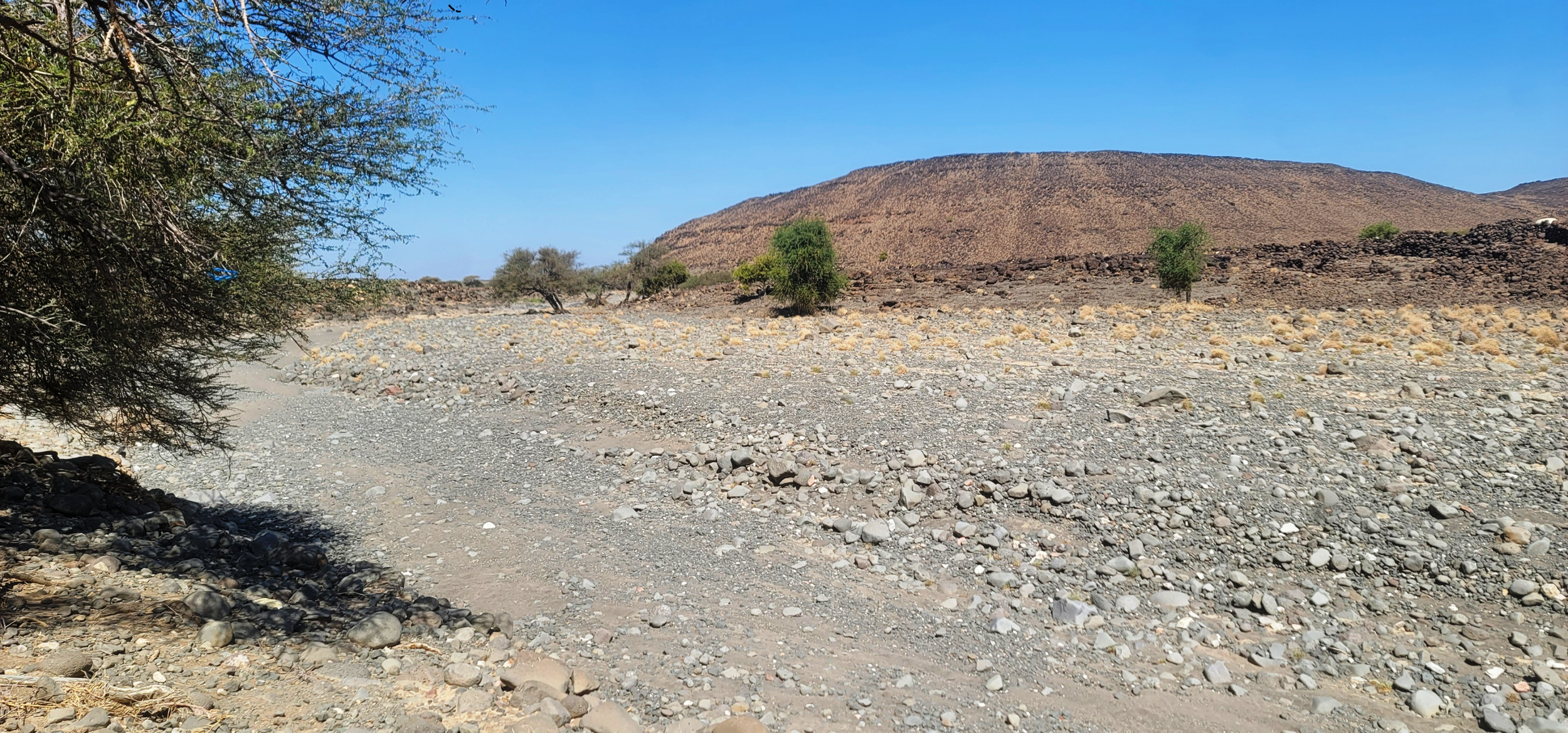Impact Study
In the second survey of the Red Sea Net Project, the project conducted a transnational study on the impacts of climate change on agro-pastoral communities in seven countries. It surveyed smallholder farmers and pastoralists to examine the impacts of climate change on their livelihoods and their developing adaptation strategies and constraints.
In the Republic of Djibouti, although pastoralism, which was in the majority when the country was founded, has largely declined, it still accounts for a quarter of the total population (less than 1 million for the whole country). So, the country is not immune to the waves of drought that regularly affect the Horn of Africa. The aim of this paper is to assess the level of resilience of the nomadic population by meeting pastoralists. The survey conducted (in all south regions of Djibouti) reveals that, to a large extent, nomadic resilience is greatly diminished by the gradual disappearance of their production system. Their survival therefore depends entirely on strategies for integration into the urban economy. Another form of dependence from the city and its actors is therefore being established for all populations.
The study area for this research is the Republic of Djibouti, particularly the rural regions in the south of the country. According to the government’s 2017 National Institute of Statistics report, the country’s population is comprised of 291,000 inhabitants in rural areas (which represents 29% of the total population). Of this total, 195,000 people (map 1), or 19.5% of the total population, are still classified as “nomadic” theoretically relying on livestock for survival through semi-nomadic or transhumant practices. However, a good portion of them does not seem entirely nomadic: according to some studies, 37% of the households are sedentary, 53% are semi-sedentary, and 10% are nomadic (JICA, 2014). So, the majority of nomadic have shifted to a pastoralism characterized by the transition for sedentary live. The western regions (Dikhil and Tadjourah) have the highest concentration of nomads. In our study areas, the concentration of nomads ranges from 21,566 inhabitants (Arta) to 50,413 inhabitants (Dikhil), while in the capital region (Djibouti), nomadism is officially non-existent.
Survey populations in the impacts survey. Map created by Moustapha Nour Ayeh.
Concentrated in the country’s north, the rural populations were the first to feel the effects of repeated climate crises. However, the general level of precipitation has regularly declined over the past 20 years (Figure 2) in all of the already dry regions of Djibouti, exerting intense pressure on these rural communities.
The only way to understand the impact of climate change on pastoral populations is to conduct direct interviews with these populations. To do this, we developed a survey at the beginning of 2021. Our 28 questions were divided into three categories:
Demographic and geographic data
Socio-economic data
Environmental data
The questionnaire was stored on the Kobo toolbox server to facilitate data collection. Therefore, the interviewers used the ODK Collect application connected to the server to record the data from their Smartphone and transfer it automatically when a network (Wi-Fi or 4G) is available.
A test phase of the questionnaire was conducted in the Ali-Sabieh region on June 9 and 10, 2021. The choice of Ali-Sabieh was based on two reasons. Unlike Arta, it is pretty far from Djibouti, and therefore we expected it to be less directly influenced by its populations’ ties to the capital, Djibouti City. Secondly, this region is easily accessible for more than a day of data collection (the duration defined for the test).
The second phase was the survey deployment throughout the Republic’s southern regions. This phase occurred on January 13-14, 2022, when we conducted field surveys for six days in two periods. We surveyed 107 , which, based on the average household size, represent over 600 people. Spatially, Ali-Sabieh, which we visited during both phases, accounted for 60.5% of those surveyed, Dikhil 21.5%, and Arta 18%.
Download results from the Impacts Survey here

